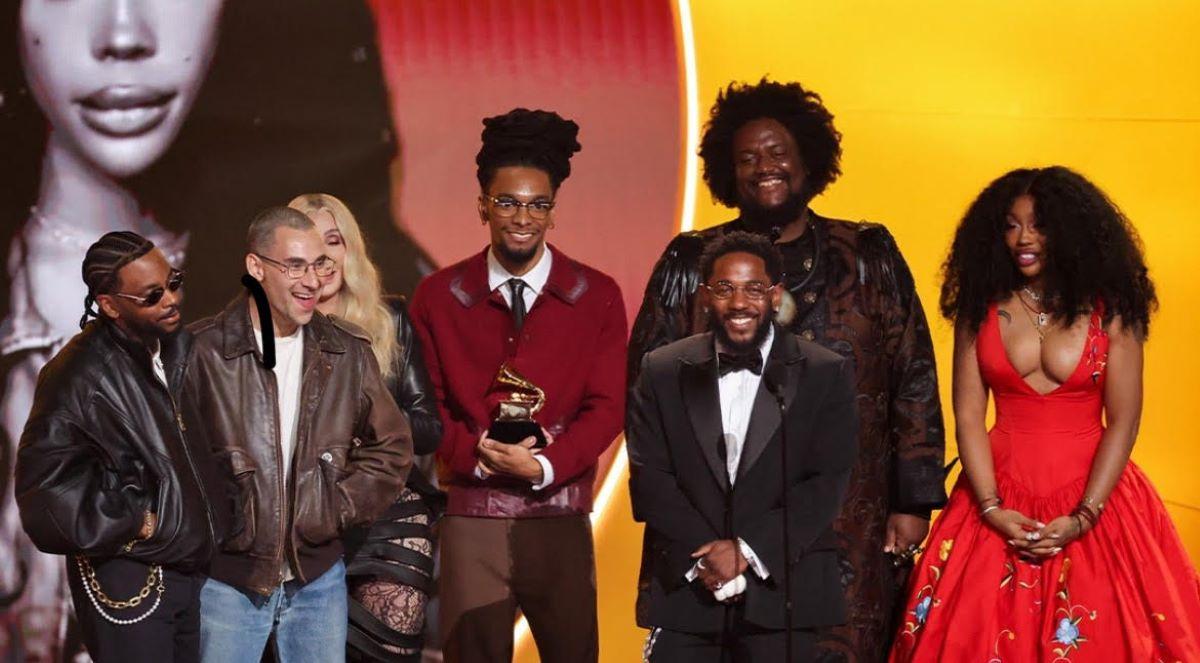8 Women Authors Shaping Contemporary Literature

Literature is about more than telling stories; it is about sharing perspectives and experiences that can open our eyes. Books are windows and mirrors, offering readers opportunities to think deeply, make connections, and challenge what we think we know. This makes them a powerful tool.
Several women authors are leveraging this tool. Their strong voices and insightful perspectives are leaving a lasting mark on contemporary literature. From established authors to emerging talents, the following authors are must-reads.
Considered an influential voice by both TIME and Fortune, Nigerian author Chimamanda Ngozie Adichie writes about race, identity, and belonging. Her novel Americanah, tells the story of a Nigerian woman learning what it means to be Black in post-9/11 America. Winner of the National Book Critics Circle Award for Fiction, the book has been praised for its fearless social critique.

Regarded as the voice of a generation, Zadie Smith explores class, race, and family dynamics in modern society. Swing Time, a New York Times bestseller longlisted for the Booker Prize, is a story about two childhood friends separated by their dreams. Reviewers have highlighted Zadie’s insights and the realness of her characters.
At a time when women’s bodily autonomy is at risk, Margaret Atwood’s dystopian novel The Testaments is especially relevant. A Booker Prize winner and sequel to The Handmaid’s Tale, it examines a theocratic regime through three women’s eyes. Seen as a warning about totalitarianism, both books have sparked global conversations and inspired women during demonstrations.
Leila Mottley’s first novel, Nightcrawling, debuted with a bang, making Leila the youngest author to receive a Booker Prize nomination. Inspired by real events, the novel follows a young Black woman in Oakland caught up in a police scandal. Leila addresses poverty, racism, sexism, and policing in a book that has been described as a “Catcher in the Rye for a new generation.”
Bestselling author Brit Bennett’s novel The Vanishing Halfaddresses the topic of identity through the story of twin sisters who choose to live very different lives: one as a Black woman and the other secretly passing for white. Longlisted for the National Book Award and named to multiple best book lists, both book critics and readers have praised Brit’s thought-provoking storytelling.

Multiple award-winning author Carmen Maria Machado shares her experience with domestic abuse in her memoir In the Dream House. Winner of the Lambda Literary Award for LGBTQ Nonfiction, the memoir also earned recognition as a best book of the year by multiple outlets. Carmen recounts her abuse by blending elements of different genres to create an innovative storytelling method that continues to resonate with readers.
Renowned Japanese author, Sayaka Murata, achieved global recognition with Convenience Store Woman, her first novel translated into English. The satire centers on a woman who is a bit of a misfit. She finds purpose in her job at the local convenience store, despite pressure from those around her to marry and find a better job. Winner of the Akutagawa Prize, the novel earned praise for how it explores social constructs, individuality, and the pressure to conform.
Author and essayist Esmé Weijun Wang does not shy away from her limitations; she is upfront and honest about them. Her essay collection The Collected Schizophrenias sheds light on the reality of living with mental and chronic illness through a blend of memoir and cultural commentary. Esmé’s work won the Graywolf Press Nonfiction Prize and became a New York Times bestseller. Her honest storytelling has resonated with readers and reviewers because it opens the door to conversations about the reality of mental health conditions.






